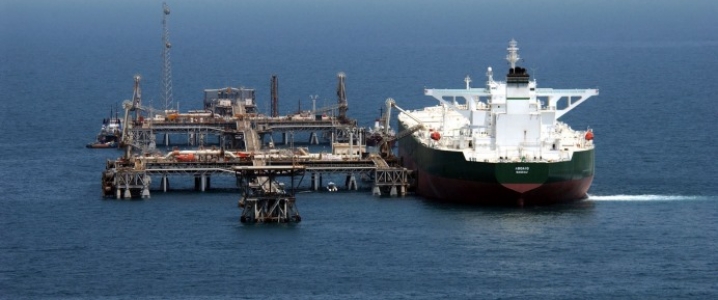As international prices inched up in the aftermath of Washington’s latest sanctions against Venezuela, the Energy Information Administration reported a build in crude oil inventories for the week to January 25. At 900,000 barrels, the build is modest, and follows an increase of 8 million barrels in the previous week.
Gasoline inventories reversed four weeks of builds. In the week to January 24, these shed 2.2 million barrels. In the previous four weeks, cumulative gains in gasoline reached 26.6 million barrels.
There has been growing worry that United States refiners are producing excessive amounts of gasoline, which has pressured their profit margins as the oversupply combines with sluggish demand. Last week, refineries churned out 9.9 million barrels daily of gasoline, compared with 9.6 million bpd a week earlier.
In distillate fuels, the EIA reported a 1.1-million-barrels inventory decline and average daily production of 5 million barrels, versus 5.2 million bpd a week earlier.
Meanwhile, events in Venezuela are firmly in the spotlight. Earlier this week, the U.S. announced new sanctions on the state oil company, PDVSA, with Treasury Secretary Steven Mnuchin noting the company could avoid repercussions if it recognized opposition leader Juan Guaido as the legitimate—albeit interim—president of the country. Related: Oil Prices Rise As Saudis Pledge Deeper Cuts
At the same time Guaido said he would be announcing new boards of directors for both PDVSA and its U.S. unit, Citgo, further increasing a sense of confusion already overwhelming Venezuela. The Maduro government responded with a freeze of his bank accounts and a travel ban, following which U.S. national security adviser John Bolton threatened “serious consequences” if anything happened to Guaido, whom Washington, along with Canada and a number of South American governments embraced as the legitimate president of Venezuela.
Although price reactions to the deteriorating situation have been limited, they have been positive. However, from the perspective of drivers, the news about higher oil prices is not so good, and neither is it good for refiners, as demand for gasoline remains slow in growing.
By Irina Slav for Oilprice.com
More Top Reads From Oilprice.com:
- What’s Behind Saudi Arabia’s New Downstream Strategy?
- Oversold Lithium Could Be About To Rally
- Trump Looks To Neutralize Pipeline Opponents



















It has not been lost on the market that every time the oil price starts to rise, the EIA announces either a huge build-up in crude and product inventories or a big rise in US oil output or both.
As for events in Venezuela, US sanctions don’t harm Venezuela’s leaders, they only deepen the humanitarian crisis in Venezuela.
Whatever oil Venezuela exports to the US can easily be diverted to China and India. Moreover, China and Russia which both are owed some $30 bn will do their utmost to prevent the Venezuelan economy from collapse. Furthermore, these sanctions will hardly impact on the global oil market and prices unless there is a complete collapse of Venezuela’s oil industry as a result of a general strike by workers of the National Oil Company of Venezuela, PDVSA, or a civil war. These sanctions are doomed to fail like the ones imposed on Iran.
By interfering flagrantly in the affairs of a sovereign State and openly seeking a regime change, the Trump administration is showing the ugly face of capitalism particularly under the administration of President Trump.
The US can do far more to improve the lot of the Venezuelan people and solve the crisis in Venezuela by refraining from interference in the country and by deploying a conciliatory approach towards its government.
The US needs to put its values back at the centre of its foreign policy. Only when morality becomes an integral part of the foreign policy of the indispensable superpower will the US stop its interventionist policy and regime change in foreign countries.
Dr Mamdouh G Salameh
International Oil Economist
Visiting Professor of Energy Economics at ESCP Europe Business School, London